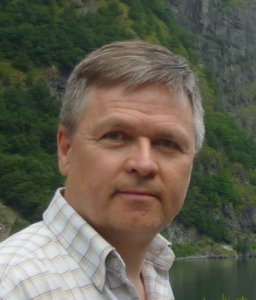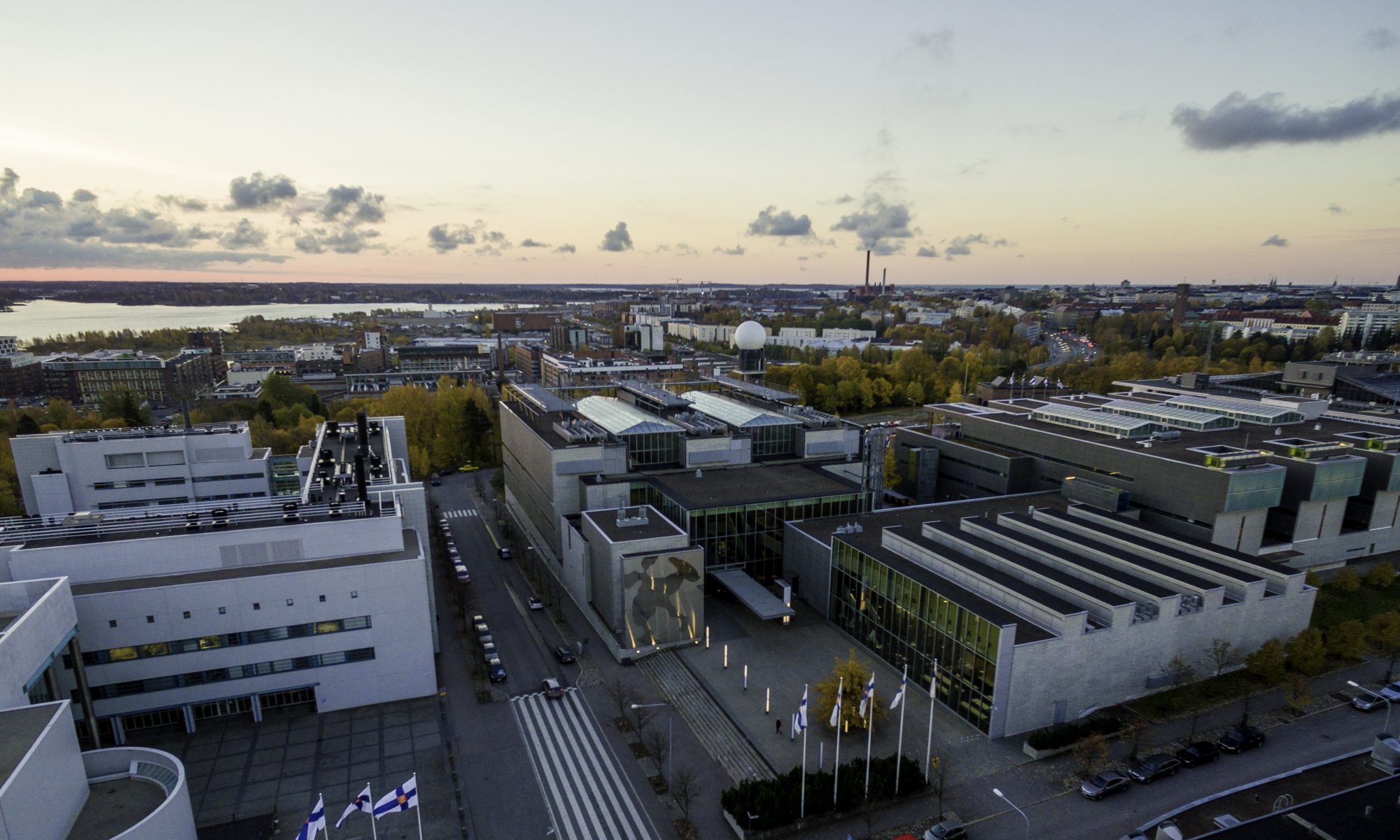 Our last online Physics Colloquium for this autumn will take place on Friday, December 10th. We will have an inaugural lecture to be given by Hannu Kurki-Suonio, who recently got promoted to Full Professor in our department.
Our last online Physics Colloquium for this autumn will take place on Friday, December 10th. We will have an inaugural lecture to be given by Hannu Kurki-Suonio, who recently got promoted to Full Professor in our department.
Hannu obtained his PhD from the University of Texas in 1986 and worked in the USA for several years before returning to Helsinki. He has been a University Lecturer at the University of Helsinki since 2001, and in 2021, he became Professor of Cosmology at the University of Helsinki. He was strongly involved in the former Planck mission from the European Space Agency, for which he was one of the four Finnish Co-Investigators. Hannu now leads the Finnish participation in the upcoming Euclid mission and represents Finland in the Euclid Consortium Board.
In this colloquium, titled Euclid space mission: Is the acceleration of the expansion of the universe caused by dark energy?, Hannu will tell us about this upcoming cosmology mission and the scientific objectives it aims to address.
The event will be held on Friday 10.12.21 at 14:15, on Zoom (Meeting ID: 660 6869 4076 – Passcode: 587666).
Here is his abstract:
The next cosmology mission of the European Space Agency is Euclid. It is a wide-field space telescope, to be launched in 2023 to orbit the second Lagrange point of the Earth-Sun system. In six years it will observe 36% of the sky, measuring the distribution of galaxies and dark matter in the universe. The mission is optimized for helping to solve the “dark energy problem”: What causes the observed acceleration of the expansion of the universe? Is it a new energy component, “dark energy”, filling the universe, or should the law of gravity be modified at cosmological distances? What is the more detailed nature of this dark energy or modification of gravity? To help theorists towards the correct solution, Euclid measures the expansion history and growth of large-scale structure to much higher accuracy than is currently known. The tools for this measurement are the statistical properties of the galaxy distribution and the gravitational lensing of galaxy images by dark matter.Since looking over longer distances means looking further back in time, Euclid will trace the last 3/4 of the 14-billion-year history of the universe.Euclid complements the previous ESA space mission, Planck (2009-2013), which focused on the early universe, in improving the understanding of the structure and history of the universe. Finland contributes to the Euclid mission by providing one of the nine Euclid science data centers to analyze Euclid data.
